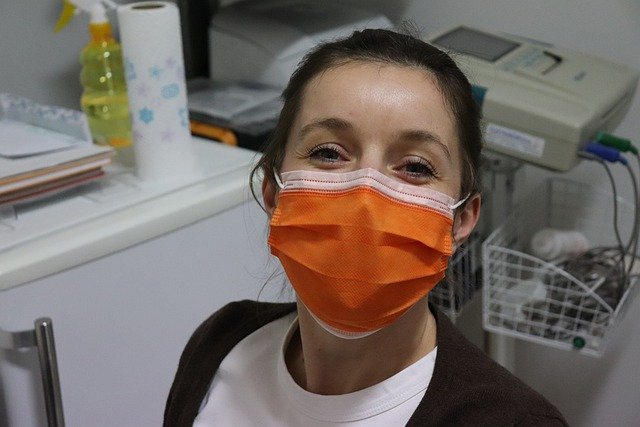Why Nursing Roles are Important in Health Care
Image by Vesna Harni from Pixabay
All roles within healthcare work together to make a complete and thorough service for patients, which means everyone plays a vital part. However, not only are nursing roles at the very forefront of patient care, but they are also the backbone of the healthcare system.
Wherever nurses are stationed, be it at the hospital, in the classroom or out in the community, this career makes an extraordinary difference to the lives of patients and communities worldwide. Reports have shown that nurses rank as the most trusted profession in America and has taken the top spot 18 years in a row!
Medical professions are seen as some of the most ethical and honest of all occupations. While other professions have faltered in public trust, nurses have always stayed number one.
This article will discuss just a few reasons why nursing roles are essential to healthcare and what they have to offer, starting with one of the most crucial reasons why nurses are important in healthcare: nurses improve patient outcomes!
Nursing Roles Improve Patient Outcomes
The general public now lives longer, and medical techniques and technology continue to advance at an impressive rate. Unfortunately, the same of which can be said for new diseases and complexities within illness and medication. This is where nurses step in to improve the care of patients, which, in turn, often improves the overall outcome.
Hospitals and medical centers that are occupied with nurses who have pursued higher education are more likely to have lower patient mortality rates, reduced healthcare costs, and also much shorter patient stays on average. So, for those who are interested in pursuing a certificate in higher education, why not consider DNP programs online? Online learning means learners can work around their job while advancing their prospects and skills.
Nurses Educate Parents and Caregivers
Nursing roles often take on the responsibility of the educator, and nurses play an extremely important part in educating all patients, parents, and caregivers. A prized part of their role within a hospital is to help patients understand their conditions, including how to manage them, understand a doctor’s diagnosis and what it can mean, how they can manage symptoms, and also how to make healthier choices to improve their quality of life. This information and care also extend to caregivers, too, meaning nurses carve out a whole support network of people on the same page, giving patients a better chance of a smooth recovery.
Nurses also have crucial roles outside of the hospital as well, often with a focus on education.
Educating those involved with a patient, including the patient themselves, nurses offer an in-depth insight into how to prevent illnesses (which can be crucial information to those who have genetic predispositions to ailments) and also how to live a healthy life within the context of a particular disease or condition. This is not only beneficial for the patient, but also to the surrounding family and health care system itself.
Nurses Act as A Mouthpiece for Patients
Nursing roles often include becoming a spokesperson for those who require help and change, as they not only care wholeheartedly about their patients but are also in a position to speak up on real issues to be addressed on behalf of those who receive care.
Because of the impressive amount of quality time a nurse spends with patients, they get a unique insight into the needs of patients that might often be overlooked by other healthcare professionals. Nurses see first-hand what their patients need, and can act as an advocate for these important changes on behalf of vulnerable patients. This attention and care to patients ironically shape the healthcare system, making it a better place for everyone involved.
It is crucial to note that the advocacy role can take many shapes! Aside from the somewhat direct approach nurses can take to support their patients, there are also other routes in which they champion for their patients from behind the scenes. Something as simple as ensuring patients have provided informed consent before a procedure or coordinating a patients care with another health provider’s office meticulously, to make sure the patient is taken care of properly, are also ways in which nurses have patients backs and will continue to be their cheerleader even from the sidelines.
Nursing Roles Help Keep the Community Healthy
Health is as much about prevention as it is about treatment, and nurses play a large role in getting that preventative information out into communities to help keep them safe and healthy.
This can include anything from passing out educational material such as leaflets or brochures on particular illnesses or holding events that are centered around specific health-related topics to raise awareness and give communities more information.

